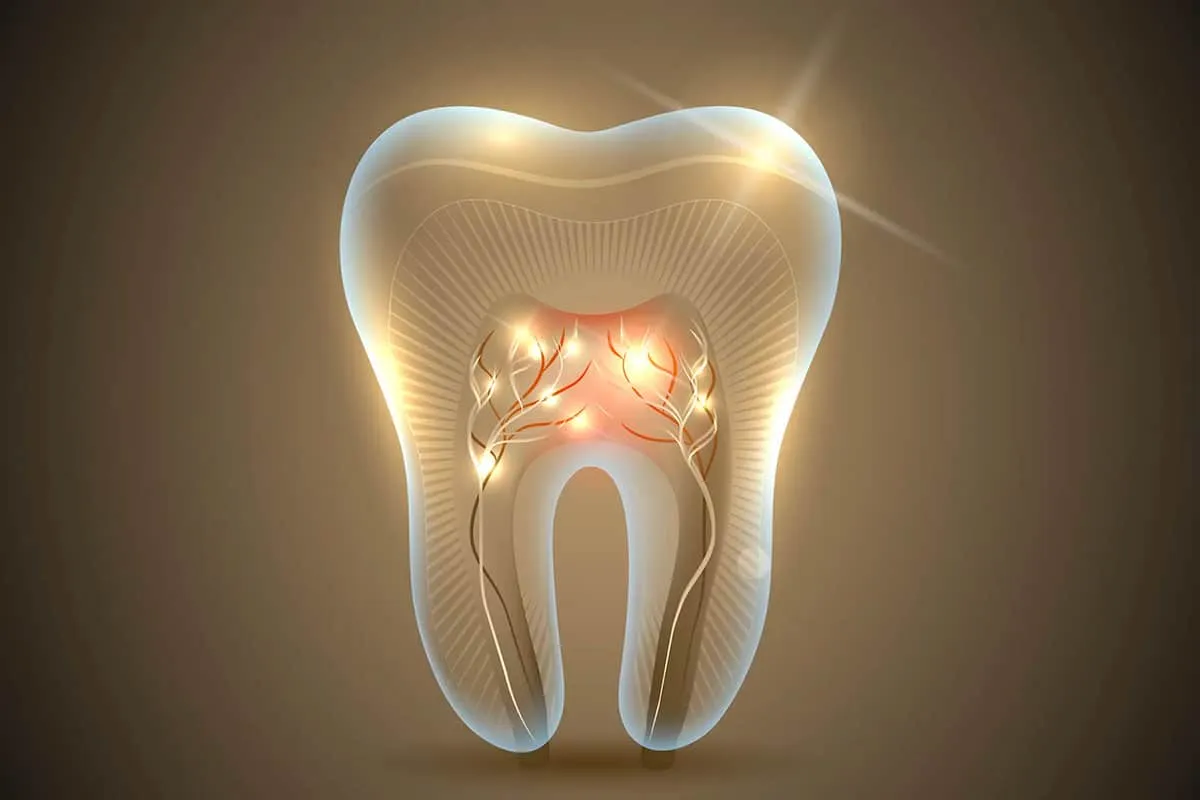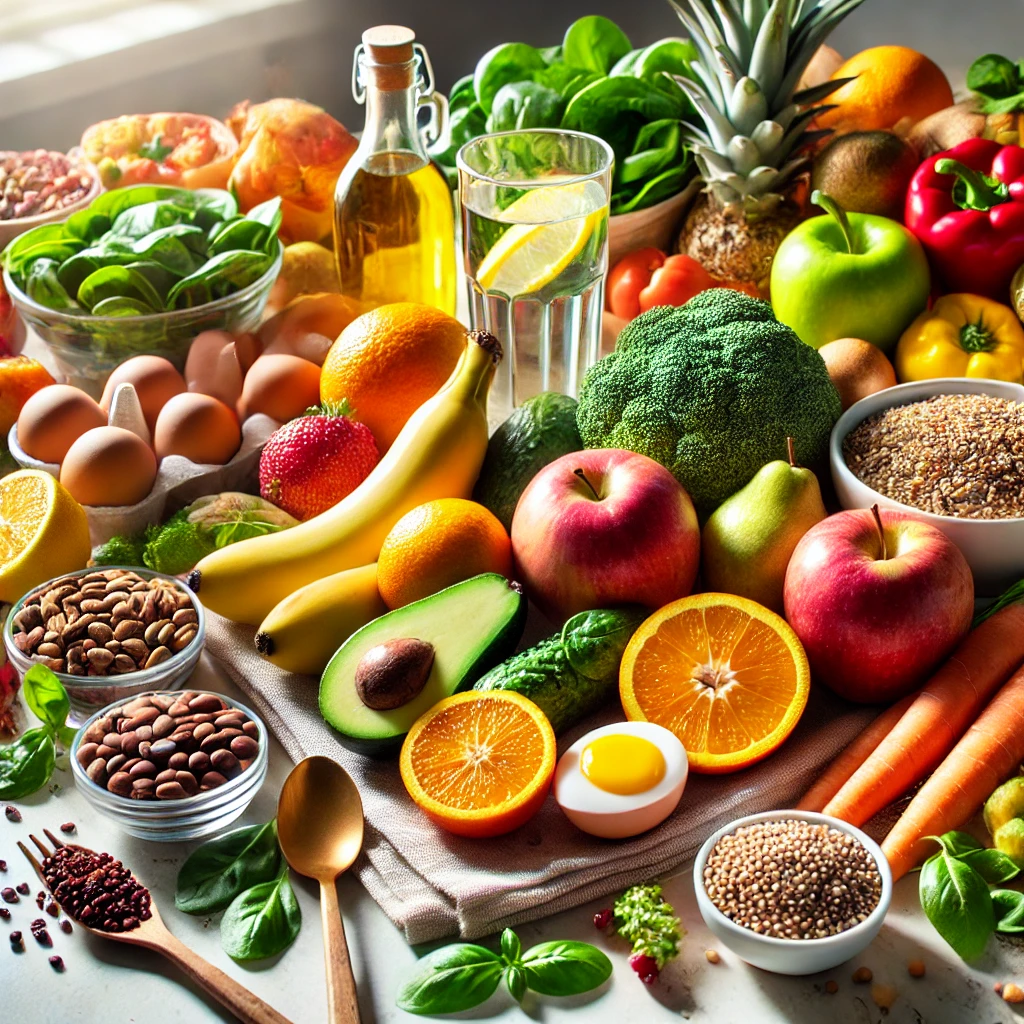A recent study sheds light on concerns surrounding sucralose, a common artificial sweetener, by suggesting it might alter DNA and thereby increase the risk of cancer.
Sucralose, marketed under the brand name Splenda, is approximately 600 times sweeter than conventional white sugar.
The study highlights that sucralose could compromise the integrity of the intestinal lining, while also enhancing the activity of genes associated with inflammation and cancer development.
Conducted by researchers from North Carolina State University, the study was published on May 29th in the Journal of Toxicology and Environmental Health, Part B.
Sucralose finds its way into a multitude of products, including baked goods, beverages, chewing gum, frozen dairy desserts, and gelatin.
The researchers emphasize that their findings raise significant concerns about the safety of ongoing sucralose use within the food supply chain, as reported by Healthline.
How Does Sucralose Affect Health? Regulatory approval for sucralose is based on studies assuming that it passes through the body without alteration.
However, authors of this new study bring to light prior research indicating that certain intestinal bacteria have the ability to convert sucralose into a similar molecule called “sucralose-6-acetate.”
They add that this molecule is also present in small amounts in certain commercial products containing sucralose, as it is a byproduct of the manufacturing process.
During this new study, researchers exposed human blood cells to sucralose-6-acetate and discovered that it induced alterations in their DNA. This could potentially increase the risk of cancer and other health issues.
The researchers note that the amount of this chemical found in a single serving of a beverage containing sucralose might be high enough to cause DNA damage. They also highlight that higher levels of exposure could occur when intestinal bacteria convert sucralose into sucralose-6-acetate.
In an experiment, researchers exposed human intestinal tissues to sucralose-6-acetate, finding that it heightened the activation of genes associated with inflammation, oxidative stress, and cancer.
They also discovered that sucralose-6-acetate, as well as sucralose itself, compromise the junctions that hold intestinal cells together, leading to leaks in the intestine.
These leaks could allow intestinal microbes and particles to enter the body, including those that are typically expelled through feces.
The presence of a leaky gut is linked to inflammatory bowel disease (IBD) and could contribute to chronic liver disease.
Splenda’s Response A spokesperson for the company producing the Splenda sweetener – one of the most widely marketed sucralose brands in the United States – stated that their product undergoes rigorous and regular testing to detect any impurities. They affirm that sucralose-6-acetate is not present in the Splenda brand.
The spokesperson also confirmed that Splenda products were not tested in the study.
In light of these new findings, a spokesperson from the International Sweeteners Association emphasized that the safety of sucralose has been validated by global food safety and regulatory bodies, including the Food and Drug Administration and the European Food Safety Authority.
They stated, “Sucralose has been subjected to one of the most comprehensive testing programs ever undertaken for a food additive, resulting in a consensus on its safety within the global scientific and regulatory community.”
Furthermore, they assured that levels of sucralose-6-acetate in sucralose-based products are tightly controlled through robust manufacturing processes.
However, manufacturing tests may not account for sucralose-6-acetate generated by intestinal bacteria from sucralose.
While laboratory results don’t always translate into tangible harm for individuals – depending on the quantity consumed and other factors – they do indicate potential risks associated with chemical ingestion.
Given the findings of this new study and other recent research, the authors of the article call for regulatory re-evaluation of the health effects of sucralose in food products.
Facts About Sucralose Approved by the US Food and Drug Administration in 1999 as a general-purpose sweetener. Its sweetness is approximately 600 times higher than that of table sugar (sucrose), meaning a small amount of sucralose imparts the same sweetness as large quantities of sugar. It is calorie-free and does not promote tooth decay. It can be used in baking as it can withstand high temperatures. The acceptable daily intake (ADI) of sucralose is 5 milligrams per kilogram of body weight, which amounts to 375 milligrams for a person weighing 75 kilograms. Reading packaging information on products or consulting a doctor or pharmacist is recommended to determine the sucralose content. World Health Organization Advises Against Artificial Sweeteners Last May, the World Health Organization issued guidelines advising against the use of sugar-free sweeteners (artificial sweeteners) for weight control.
In a statement, the organization revealed that this recommendation stems from a systematic review of available evidence, indicating that the use of artificial sweeteners does not confer long-term weight loss benefits for adults and children.
Potential Dangers of Artificial Sweeteners The review’s results also underscore potential risks associated with long-term use of artificial sweeteners, including an increased risk of type 2 diabetes, cardiovascular diseases, and adult mortality.
Francesco Branca, Director of Nutrition and Food Safety at the World Health Organization, said, “Substituting free sugars with artificial sweeteners is not a long-term solution to weight control. Individuals should consider alternative means to reduce their free sugar intake, such as consuming foods rich in natural sugars like fruits, and opting for unsweetened food and drinks.”
The term “free sugars” refers to monosaccharides like fructose in fruits, galactose in dairy products, as well as disaccharides like sucrose (table sugar) and lactose. They are added by manufacturers, cooks, or consumers to foods and beverages. Natural sugars are found in honey, syrups, fruit juices, and their concentrated forms.
This recommendation applies to everyone, except individuals with diabetes.
The guidance encompasses all artificial sweeteners, whether artificial, natural, or modified, that are non-nutritive and not naturally occurring in foods and drinks as they are processed or sold individually for addition to preparations.




Comments are closed.